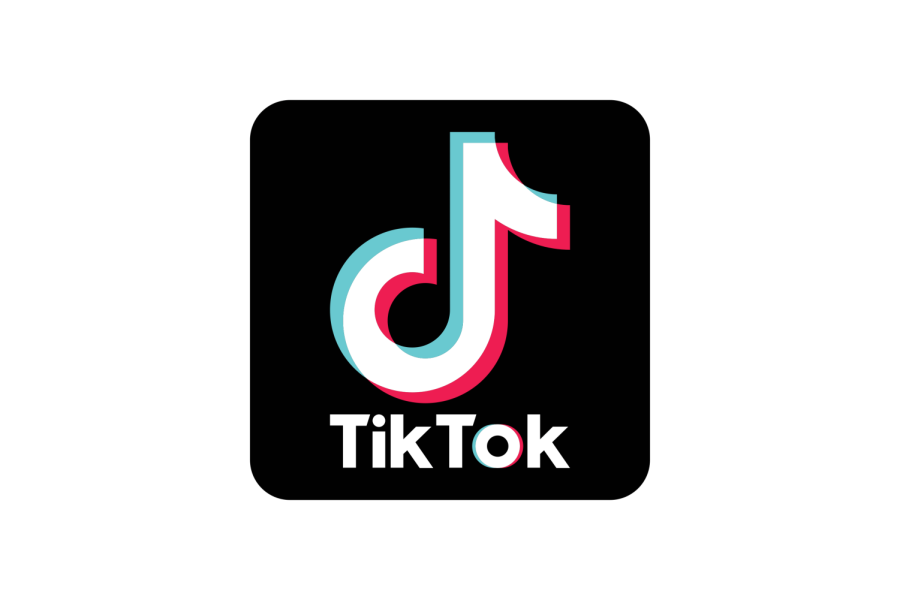TikTok ban inches closer to reality as tensions rise
Feb 3, 2023
Ever since its initial rise in 2018, the social media platform TikTok has been a source of controversy. From its polarizing challenges to its domination of internet culture among younger generations, the app has been praised by its enjoyers and demonized by those outside of the loop.
The contention about the app’s influence isn’t limited to just its content, however. The app’s head company, ByteDance, is based in China and has many ties to the Chinese Communist Party. This presents many security concerns, with many young folks often filming many parts of their everyday lives on the platform. Worse yet, the app has also become somewhat infamous for the amount of data it collects on its users, more so than even other social media platforms like Facebook or Twitter. All of these issues have culminated in an effort to ban the app in the interest of security.
On Tuesday the 24, Senator Josh Hawley from Missouri released a tweet, claiming that TikTok was “China’s backdoor into Americans’ lives. It threatens our children’s privacy as well as their mental health.” Hawley said that he plans to ban it across the nation after Congress banned it on all government devices.
While it’s unclear if the bill will pass, especially with Congress as divided as it is at the moment, separate measures to ban TikTok on government devices have already taken effect. The ban isn’t limited to just government devices either, as many public universities like the University of Wisconsin have been banning the app as well, marking what could be the beginning of the erasure of the app from the country.
TikTok has attempted to make efforts to avoid the ban, like opening a “Transparency Theatre” to select journalists, the main idea being an attempt to appear as if they were open to transparency. The result didn’t seem too popular however, with Alex Heath from the Verge stating that “the information displayed was frustratingly vague,” and claiming that it felt more like “a lot of smoke and mirrors.”
Many compared it to Facebook’s “War Room” which was shown off in 2018 for elections but would close down shortly after. Something to appear caring but really was just a publicity stunt.
Whether or not the bans will go through is still to be decided, it’ll just depend on whether or not the rate of restrictions on the app continues to grow.






